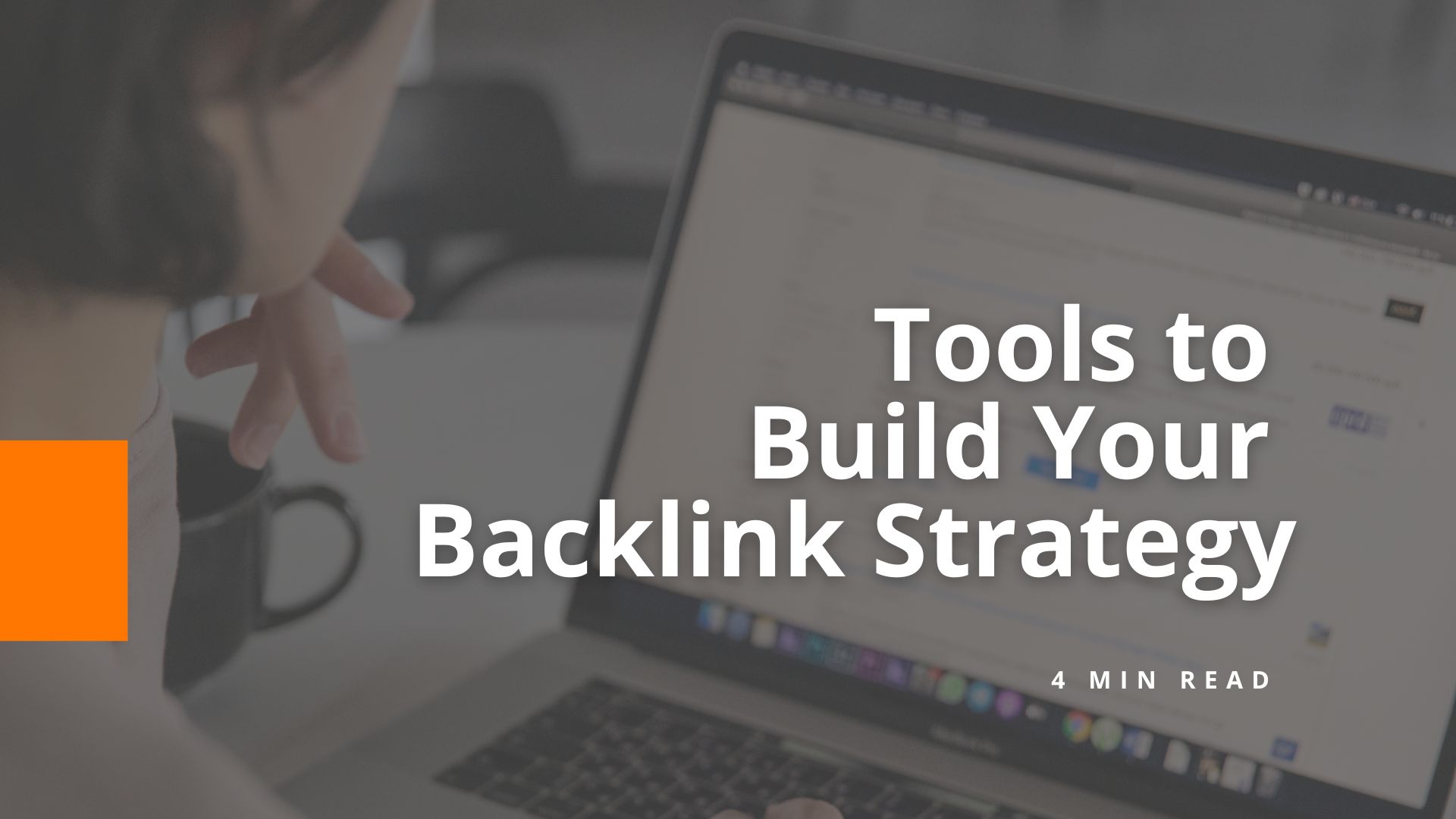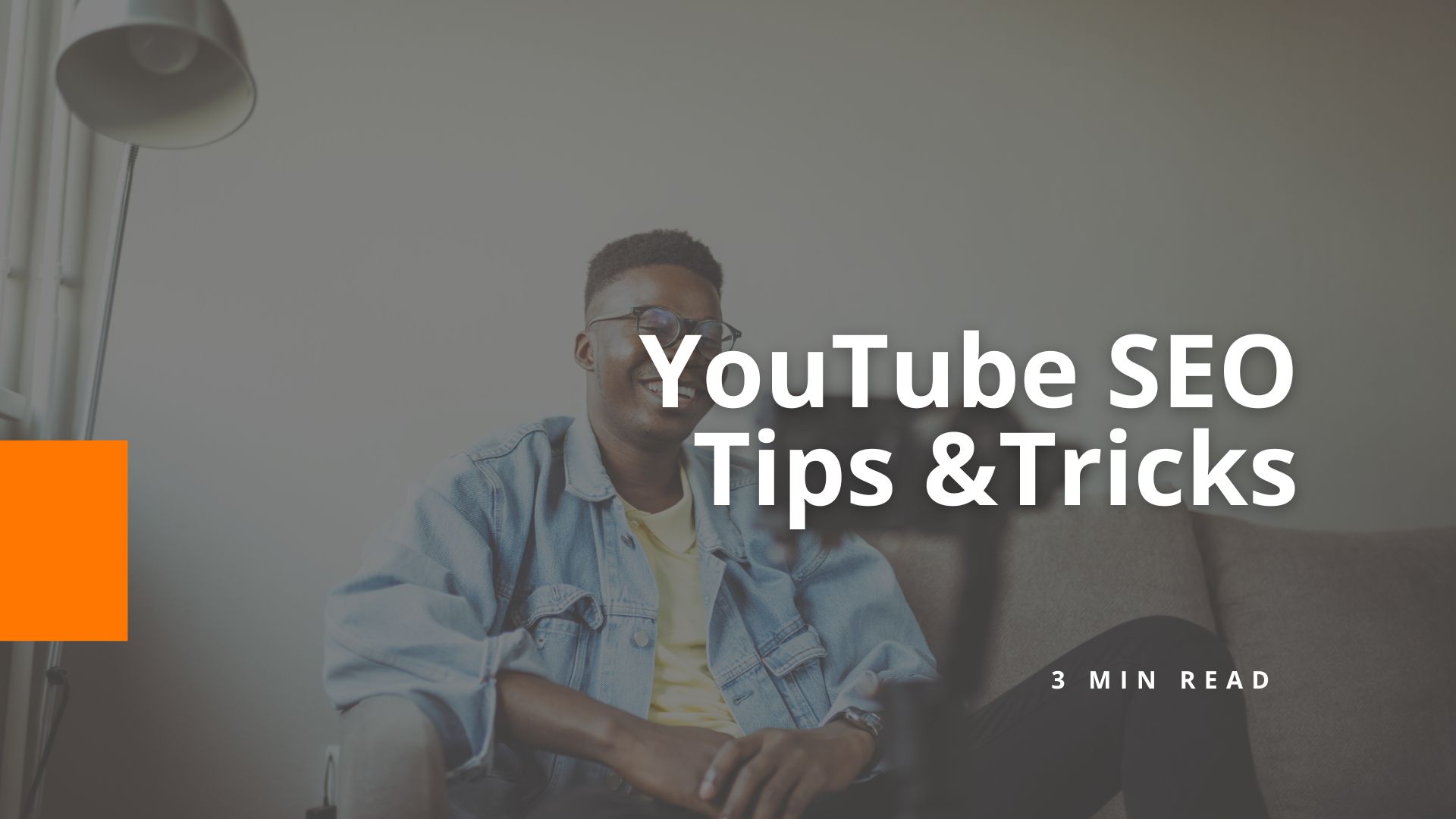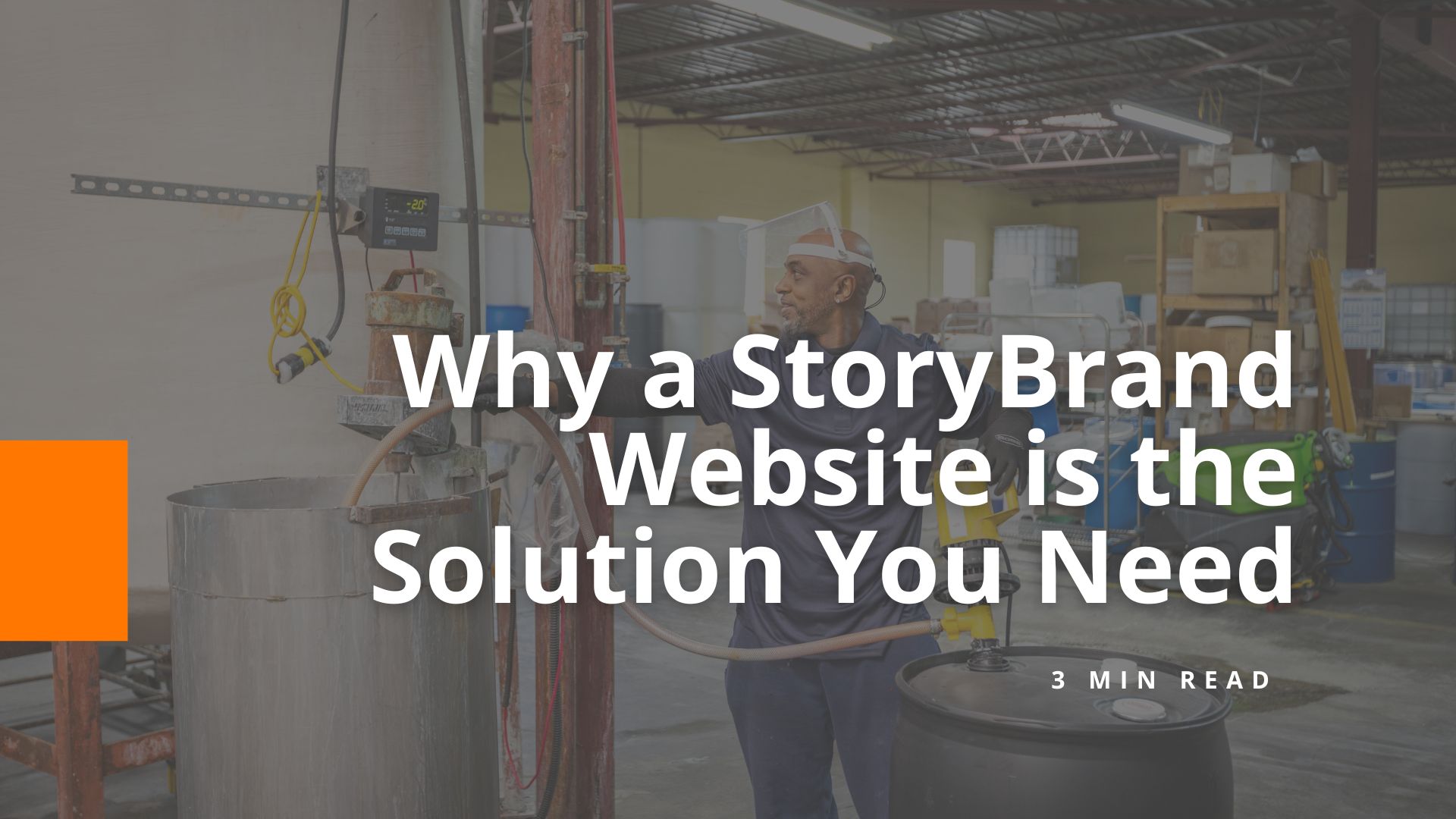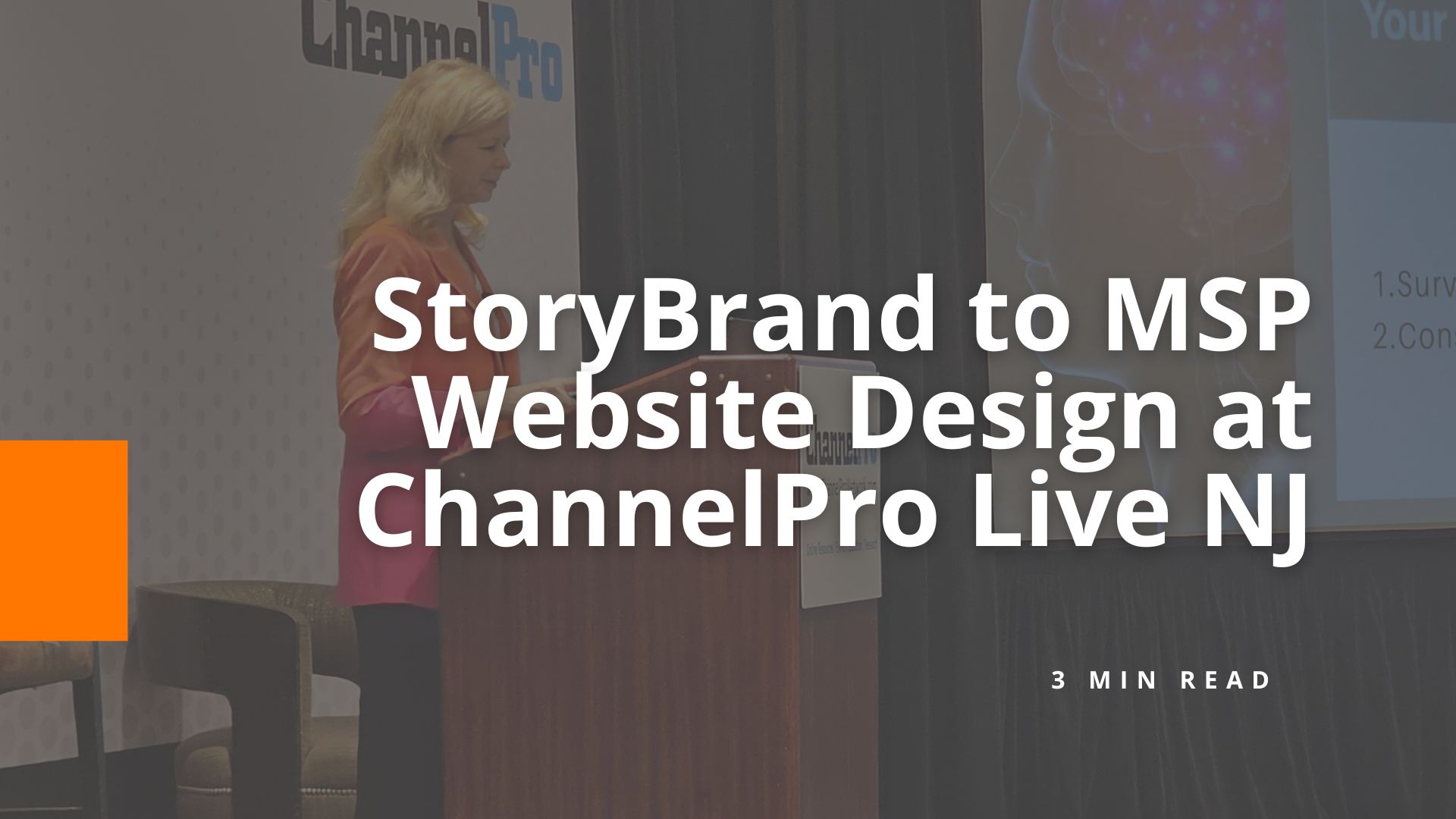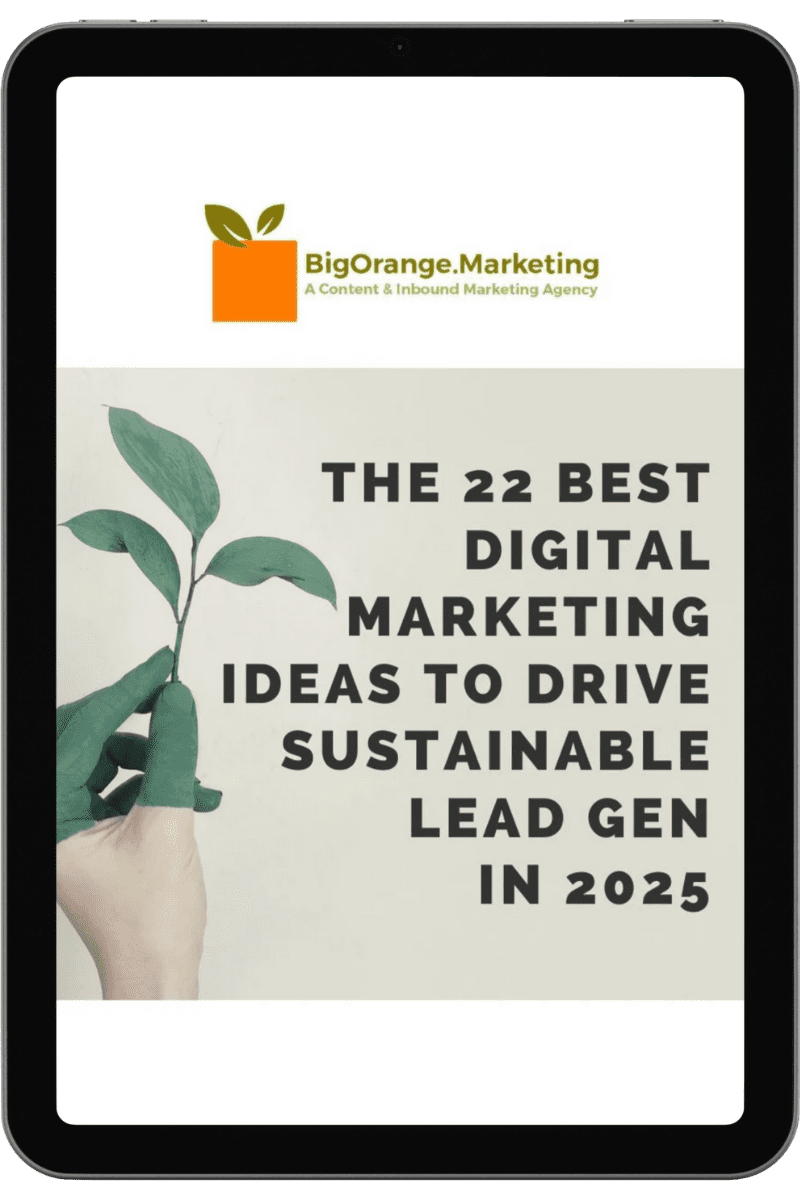5 Essential Elements of a Converting Website
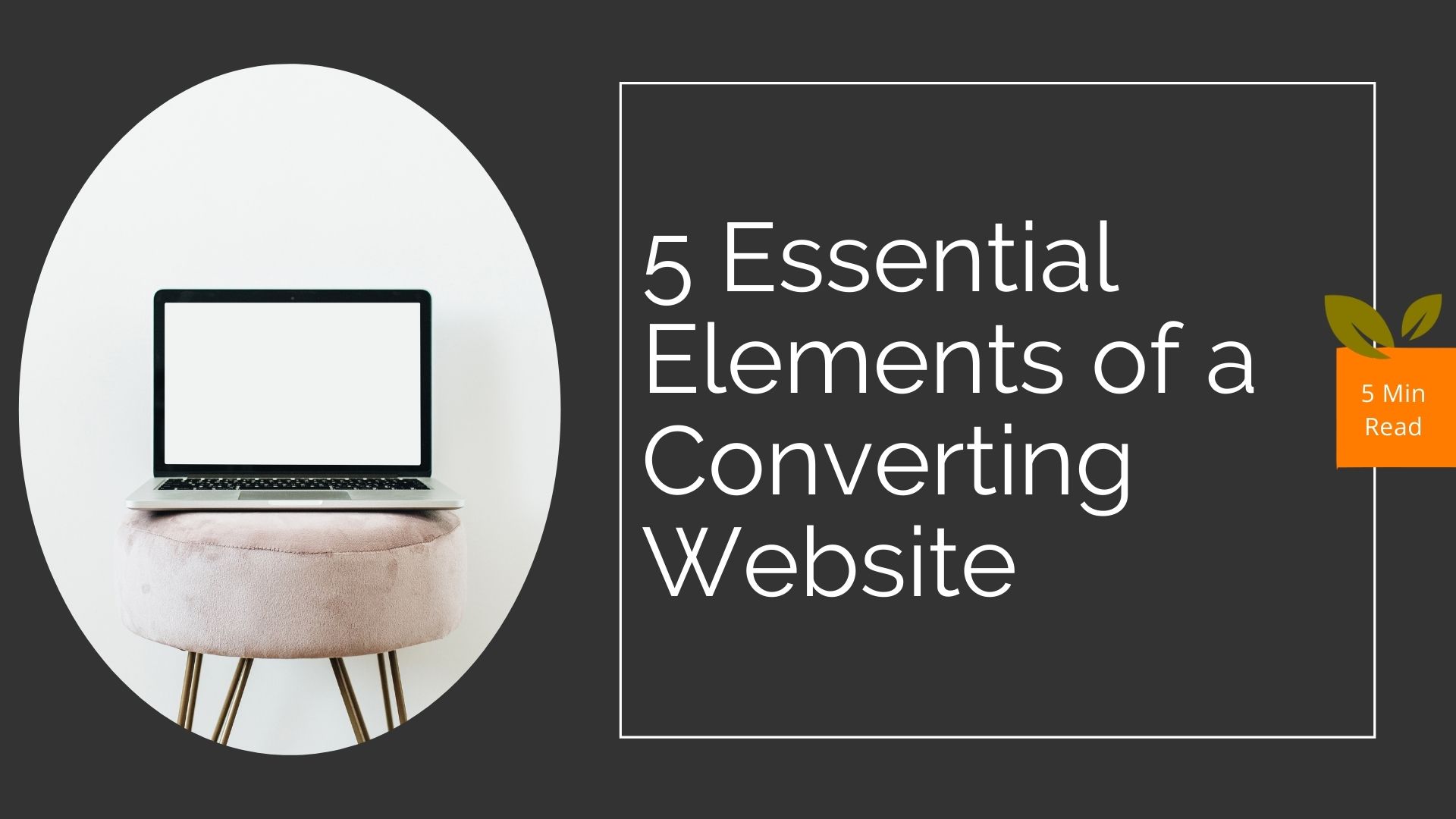
Have your website visitors gone radio silent? There’s a possibility that your website isn’t out of commission: It might just be too confusing to convert.
To see if your website has the essential elements to be effective in bringing in leads, answer these five questions. As an advocate of StoryBrand methodology for creating websites, I will use some of their language.
1. Does your website effectively lay out your product/service and the benefits for the customer?
Humans are hardwired to survive and thrive. You need to demonstrate to customers how your product or service can do just that. This crucial piece of website creation is called the “grunt test” in the StoryBrand methodology. Does your website answer these questions in a way that’s simple enough for a caveman to understand?
- What product/service are you selling?
- How does it benefit the consumer?
- How can the consumer buy it?
The grunt test is no joke for a successful converting website. You must answer these three questions within just a few seconds of a visitor glancing at your page. Cut to the chase with clear language that clarifies what you do, how it can help and how the visitor can benefit from partnering with you on their journey.
Essential Website Element 1: Effectively lay out your offering(s) and how to purchase them.
2. Is the hero of your website the customer?
You might think that your company or product is the hero of the story you’re trying to convey to website visitors, but it’s actually the opposite. Your customer is the hero and you are the guide; after all, it’s the customer’s story that you’re telling. In this story, the customer faces a challenge that they can’t solve on their own; that’s where you come in. (Think Professor Dumbledore and Harry Potter.) To demonstrate that the customer is the hero, and in turn capture their attention, your website needs to talk about their personal challenges and how you are the guide to provide them with the appropriate solution.
Essential Website Element 2: Designate the customer as the hero and yourself as the guide.
3. Are there consistent calls to action (CTAs) on every page?
Every good hero has to take action to solve their problem. In much the same way, your customer must be challenged to take an action via CTAs on your website. These can be embedded within text or placed on standalone buttons. Having a clear, compelling call to action ensures your customer doesn’t get confused and click off your page.
The most effective CTAs are filled with action words. Some strong examples are “Book a Meeting,” “Schedule a Review” and “Get a Free Quote.” Be sure to repeat them across your homepage and on other pages, too. A bold CTA button should always be in the upper right navigation of the site.
Essential Website Element 3: Craft and design CTAs worth clicking on.
4. Is your website authentic?
Your website should give visitors a clear picture of who they could be working with. Images should be authentic to show customers who they are interacting with. It’s not too difficult for people to identify stock images, which can be a major turnoff. The best way to show your staff in their best light is by scheduling an office photoshoot. Thanks to modern websites like Snappr Photography (our personal recommendation) or Thumbtack, photoshoots aren’t as overwhelming as they may seem. You can hire and schedule a photographer who is located in one of the platform’s long list of cities.
Essential Website Element 4: Be authentic with images of your team and office.
5. Is your website professional looking and easy to navigate?
Customers want a credible service, and a tacky, confusing website doesn’t appeal to most. If your competitor offers the same services, the one with the easy-to-navigate website will get major bonus points.
A great way to appeal to visitors is showing that you have helped people with problems just like theirs. Testimonials, case studies and industry pages provide tangible examples that customers can relate to. For example, a law firm representative visiting an IT company’s website wants to know that the company can help the firm understand the compliance regulations of their industry.
One of the most important pages on a converting website is the home page. The design should be professional in appearance and represent your brand (team photos, appropriate colors, designated fonts). Make sure it gives clear paths to your services and industry pages. It’s a good idea to include testimonials on the home page so visitors don’t have to look far to find another person who was in the same situation as them.
Essential Website Element 5: Have a professional, credible website with well thought-out navigation.
6. Bonus: Is your website optimized for search engines (SEO)?
You can have the best story told through simple and clear messaging on all your webpages, but if search engines don’t know the site exists, your efforts are futile. SEO involves optimizing your core pages (Home, Services, Industries) for search, in conjunction with a robust content plan. SEO is based on keywords; each page of your website should be optimized for a specific keyword. Services like Google’s Keyword Planner can help you decide which keywords to use based on your target area.
The best way to consistently share content on your site is through a blog. Each blog post is also optimized for a keyword, which should be a long-tail version of words used on your individual pages. Planning a blog posting schedule is a methodical way to be found among your competitors.
Using blog posts to drive traffic to your website and increase conversions is a powerful form of content marketing. You should be sharing relevant and educational content that isn’t salesy. Visitors will find your article by doing a search for the product or service you offer, so they will be interested in the topic regardless of what stage in the buyer’s journey they are in. If they enjoyed reading your blog post, they may begin to peruse other pages of your site. Blog posts should include a CTA and a tie back to your offerings, especially at the end.
SEO is a process that takes time to develop; rising up through search results rankings doesn’t happen overnight. Be intentional with every piece of content you share. Two to three pieces of content per week is the ideal target, but starting with just one post a week is fine.
Other content formats you may want to share on your website include case studies, testimonials, e-books, infographics and videos. These can be created using simple editing tools like Canva or Adobe. Their educational nature is perfect for common search queries and can capture potential leads.
Essential Website Element 6: Optimize your website with SEO strategies and create a content plan.
Streamline the Process Using a Cheat Sheet
This website cheat sheet includes 23 questions that Google asks when its crawlers evaluate your website, plus the five we examined above. If you’re a more visual person, you can watch our webinar on SEO optimization to make Google love you.
Looking for Website Conversion Help?
Are you ready to convert your website visitors into marketing qualified leads? Our BigOrange Marketing team has built a converting website ranking at the top of search engine results for over a dozen clients. We have content experts, website designers and programmers that are happy to help you build or redesign your website. Schedule a free 30-minute consultation with me to learn more.
Share the knowledge
Essential Backlink Building Tools to Boost Your SEO Strategy
Backlinks are still a critical factor in boosting your search engine optimization (SEO). They help your website build authority, improve rankings in results and drive…
Explore this TopicJoin Us at Cincy AI Week 2025
Is there anything artificial intelligence (AI) can’t do? It can help you understand that confusing Excel sheet someone sent you, take notes in your meetings,…
Explore this TopicTop Tips for Manufacturers: Marketing to Industrial Companies
Marketing to industrial companies can feel like a different ballgame compared to marketing consumer products. Buyers are looking for expertise, trust and long-term partnerships, not…
Explore this TopicSearch Everywhere Optimization: The Next Evolution in SEO
Search has left the search bar and getting your questions answered is moving away from a “just Google it” approach. People are turning to TikTok…
Explore this TopicNew Launch: StoryBrand for Manufacturers
When Oliver Chemical, a Cincinnati-based industrial cleaning chemical company, set out to revamp its website, the goal was clear: Create a site that clearly explains…
Explore this TopicHow to Get Your Business to Show Up in AI Results
Generative AI search using tools like ChatGPT is transforming how people search for information. It is essential to optimize your company’s marketing efforts for AI’s…
Explore this TopicLights, Camera, Clarify! Bring StoryBrand to MSP Website Design at ChannelPro Live NJ
Here are our StoryBrand slides from our talk at ChanelPro Live NJ! 📄 View or Download PDF As the CEO of BigOrange Marketing, I’m honored…
Explore this Topic